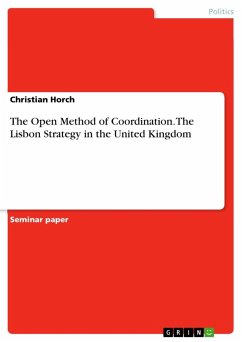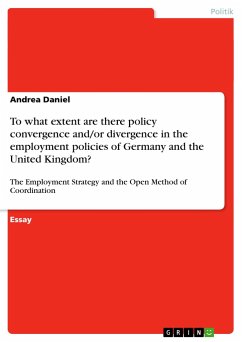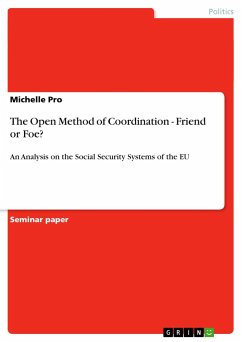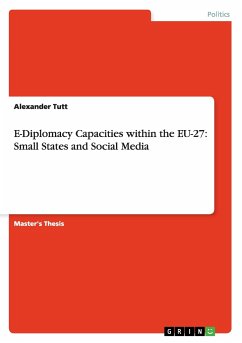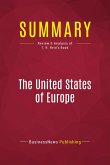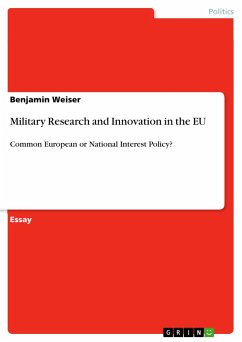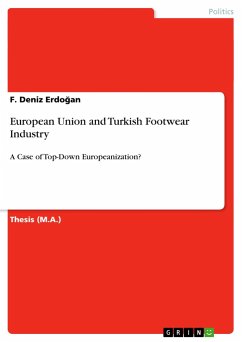Seminar paper from the year 2014 in the subject Politics - International Politics - Topic: History of Inernational Relations, grade: 2,0, University of Bamberg, language: English, abstract: As part of the Lisbon Strategy of 2000 the Union set forth a new strategy for achieving the ambitious goals of becoming "the most competitive and dynamic knowledge-based economy in the world capable of sustainable economic growth with more and better jobs and greater social cohesion" until the year 2010. Through incorporation of iterative benchmarking processes to assess progress in achieving the objectives set forth by the EU on the national level, mutual learning among member states and mobilization of actors across many levels - EU, national and sub-national levels - the OMC represented a novel approach to governance in the EU. Because the environment in which the OMC is applied, the multiple actors it involves across multiple levels, as well as the challenge of correctly placing it among other soft-law measures and the existing tool set of the EU institutions the literature in OMC research is equally complex. Contributions to OMC research emanate from many researchers across different fields of science, such as economists, legal scholars, sociologists and political scientists that have brought forth analyses looking at the topic from various angles. These include the OMC as a New Mode of Governance, a form of Policy Learning and Europeanisation and as a motor of European Integration.Taking this complexity into account and given the limited ability of this specific type of essay it seems necessary to concentrate on a few specific aspects. This work will thus limit its time frame - from the implementation of the Lisbon Strategy in 2000 until the overhaul it received with the introduction of 'Europe 2020' in 2010 at most - and discuss the case of the United Kingdom (UK) with regard to the possible impact the OMC has had on social policy and the way in which different levels of government and non-government actors have been involved. How has the Open Method of Co-Ordination influenced social policy in the United Kingdom and has it been able to involve a wider array of actors in the process?
Bitte wählen Sie Ihr Anliegen aus.
Rechnungen
Retourenschein anfordern
Bestellstatus
Storno

